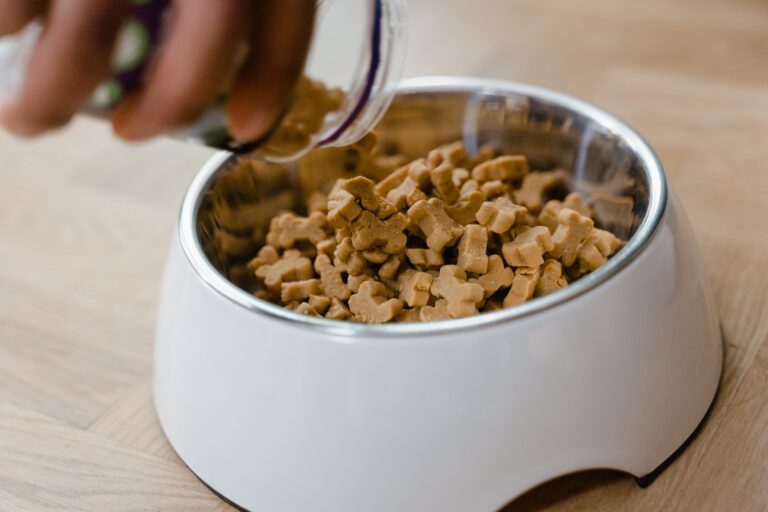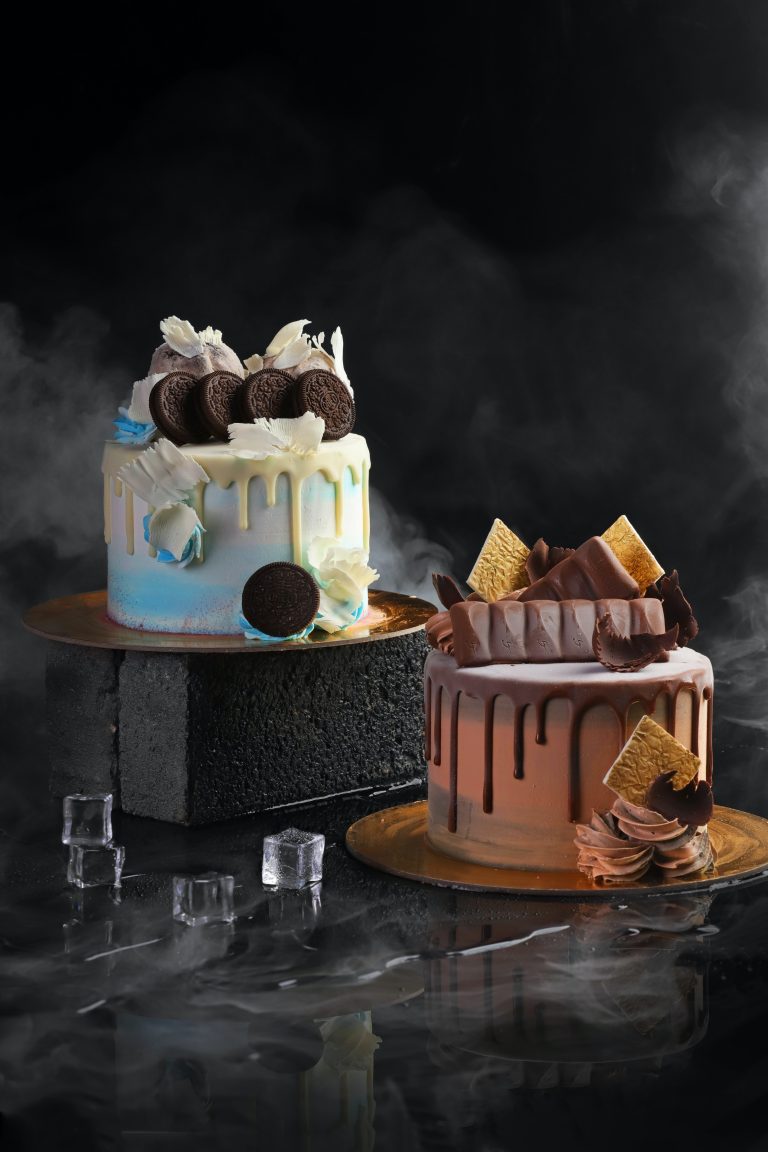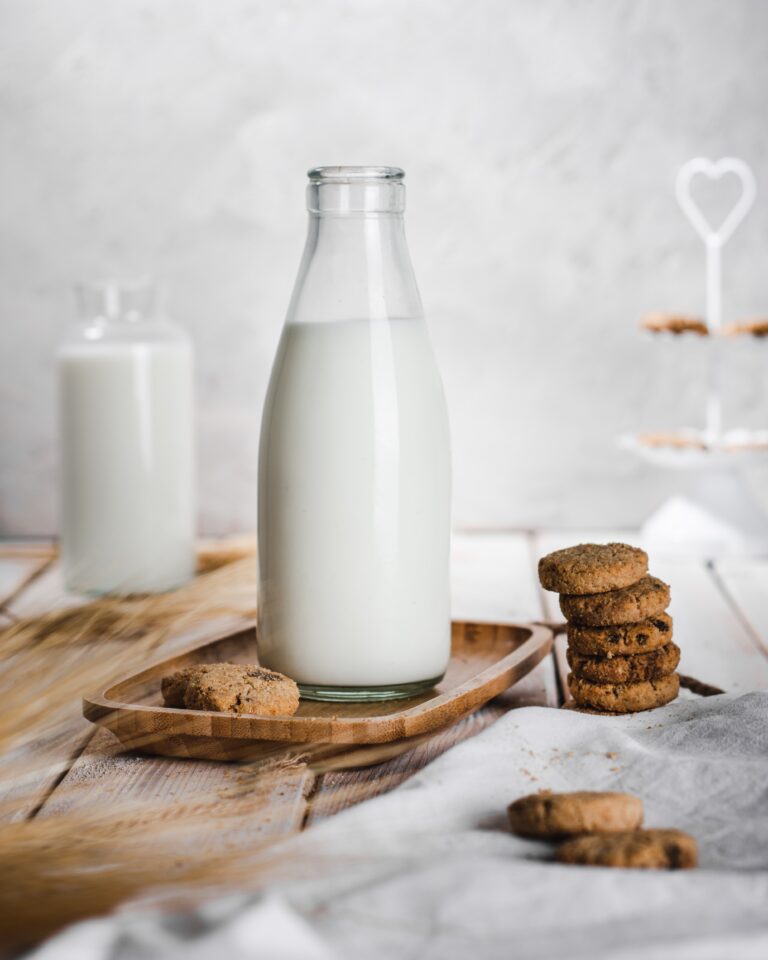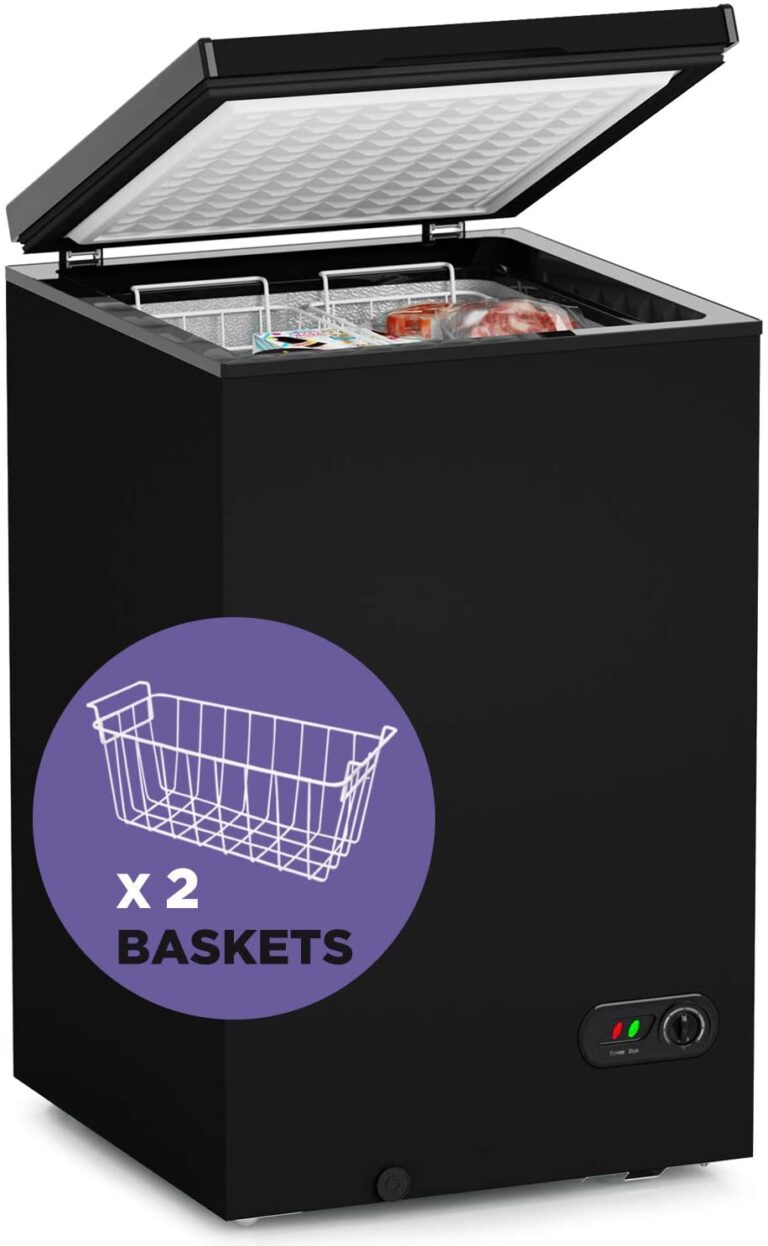What Happens If You Freeze Dish Soap?
It is possible to store dishwashing soaps for a long period. What should you do if you discover that the dish soap is not fresh?
Is throwing it away the right thing to do? We asked experts, and here is what they have to say.
There is soap that doesn’t freeze completely. It becomes slimy the touch as it becomes slimy to the touch.
As the soap warms, it will feel like it’s playing dough. The cleaning properties of your dish soap don’t change even after it’s been exposed to freezing temperatures.
Alterations are made to the other ingredients, such as detergent, colors, fragrances, and thickening and stabilizing agents.
It could be a lot of information to take in. Don’t be concerned because we have made everything simple. As we break it all down for you, Continue reading.
Table of Contents
Will All the Ingredients in the Dish Soap Freeze?
Water
This is the main ingredient in detergents. Water is the main ingredient whether they are made at home or commercially.
The dishwashing soap is pourable because of the water. The amount of water in dish soaps isn’t much more than 85%.
The water in the dish soap will make it freeze in cold weather. Your dish soap will freeze more if it has more than 5% water.
This doesn’t mean that the soap isn’t still good. When the soap thaws, it will foam and lather well.
The dishwashing soap doesn’t have any effect on the atmosphere. You may have to wait a little longer for it to thaw.
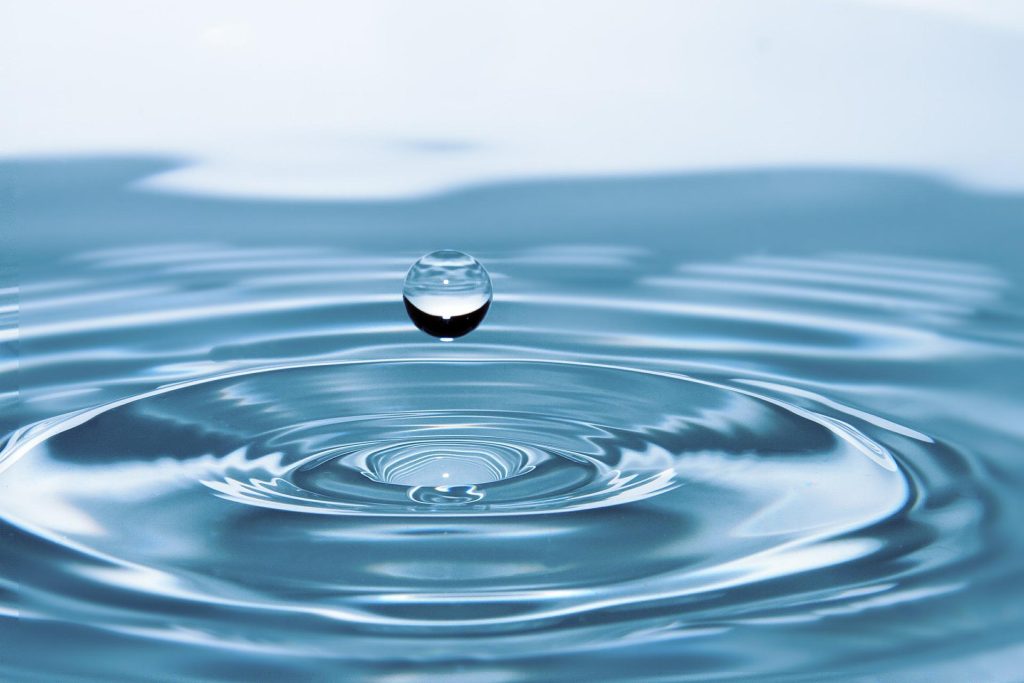
Detergent
The most active ingredient is this one. People use detergents because they lather well. It doesn’t matter if you use warm or cold water for your dishes.
Water and foam soap scum do not react with detergents. The detergent uses the surfactants to clean itself.
They do a great job of removing grease and dirt from the dishes. Dish soaps use detergents because they are more soluble.
They can wash the crockery and utensils easily. It’s not a good idea to use soap because it leaves a mess.
This can be attributed to soap’s consistency. The detergents can become unstable when the temperature drops.
Don’t let your soaps get exposed to extreme temperatures.
After rinsing dishes in plain water, the active components in detergents give a clean feeling to dishes. People do not want to taste soap on their dishes.
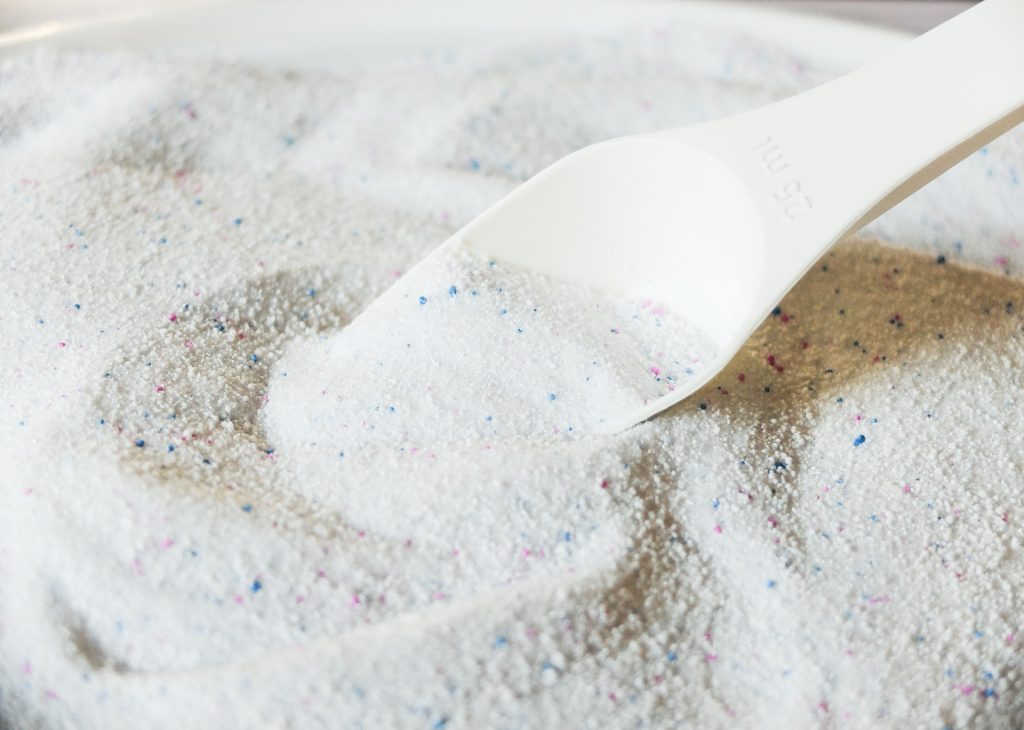
Thickening and stabilizing agents
Thickening agents are salts that help adjust the dish soap consistency without affecting the lathering qualities.
When soap is being made, it is added slowly to stop the soap from seizing. The thickness of the liquid dish soap will be determined by the quantity added.
The dish soap mixture is created by melting the lye. This is a chemical that comes from wood ashes. It’s necessary to use lye in dishwashing soaps because of its benefits.
There are two different forms of it: sodium hydroxide and potassium hydroxide. Liquid soap is made using the form of potash that is known as Potassium hydroxide.
The soap is created by the lye’s effect on fats and oils. The butter and oils in the soap will be solidified if the temperatures are too cold.
Colors and Dyes
Most of the colors and dyes used in dish soaps are water-based. After rubbing alcohol on clays and oxides, they can be used for something else.
It is necessary to stop them from getting into your dish soap. At low temperatures, the water in these colors and dyes will freeze.
The quality of the soap is unaffected by the colors and dyes that are used. They don’t change the lathering of the dish soap.
Soap makers and manufacturers use them to market their products.
Sometimes dyes and colors can be used as a signature for the brand. Some colors and dyes give dishwashing soaps their distinctiveness.
Perfumes and Fragrances
Essential oils are used to make perfumes and fragrances that are added to dish soaps. They are added to soap during warmer temperatures.
There are mild scents added to the dish soaps. In most cases, the scent added is known as a clean scent, such as lemon and grapefruit.
They give the soap a freshness that is not found in other soaps. Unlike the other oily components in the soap, perfumes and fragrances are oil-based and don’t freeze.
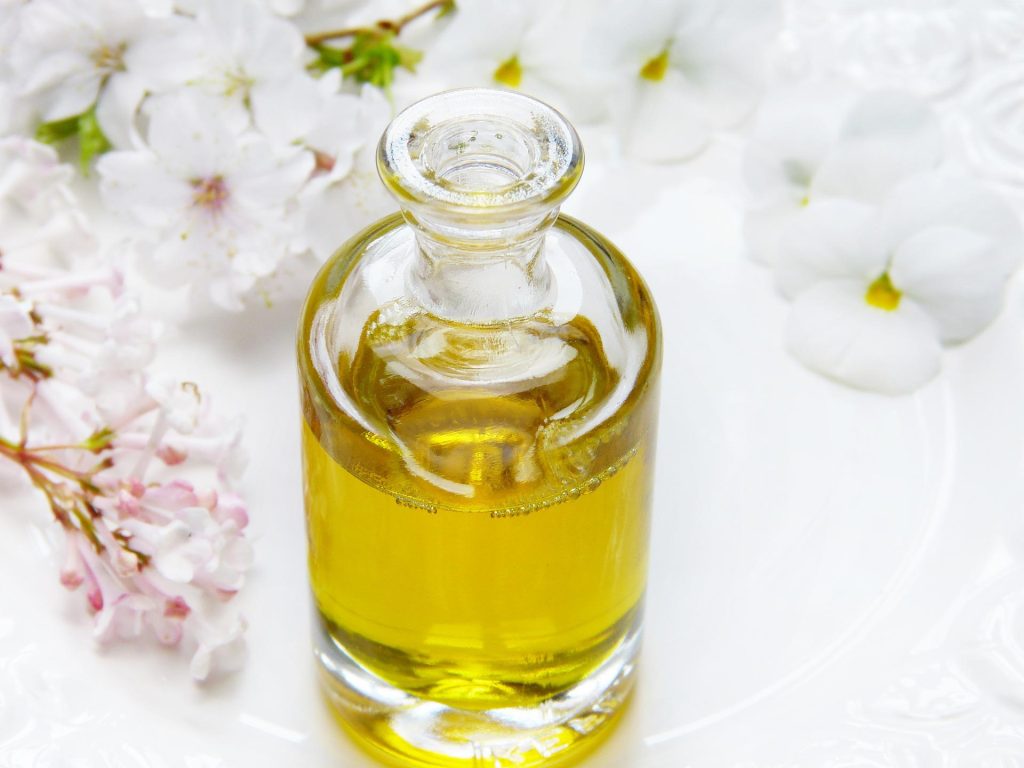
The freezing point of dish soap
The dish soap does not completely freeze. The other components are responsible for this. At 32 degrees F, the water in it starts to freeze.
The dish soap is cloudy at a temperature of 32 degrees. The oils that do not freeze are the reason for this.
The dishwashing soap starts to get cold at 12 degrees F. It starts to turn into slimy gunk. It never ceases to be solid.
Dish soap can’t become ice because of the difference in the freezing points of water and soap.
This is what happens when bubbles freeze in the winter. This is a good thing for dish soap. All year long, washing soaps can yield impressive results.
Is It Possible That Dawn Dish Soap Freezes?
Dawn dish soap can not be frozen. It is similar to other dishwashing liquids in that it becomes slimy. Dawn dish soap can be used to clear ice from your porch or driveway.
Taking care of your walkways is an effective way to do it. Pour warm water, rubbing alcohol, and Dawn dish soap on the icy surface.
Snow will bubble up and melt away, even though it won’t freeze. This works on both wooden and concrete surfaces.
It’s possible to use the mixture on car or house windows to melt ice.
When the outside temperatures start to fall, use the mixture as a preventative measure. There won’t be a layer of ice on the surfaces that you have to remove.
Is It Possible That Soap Lowers the Freezing Point of Water?
Yes, it does. The soap does not freeze because of its components. There are chemical compounds in detergents that are different from soaps.
Both the dish soaps and bar soaps have oils and fats in them. Bar soaps and dish soaps don’t freeze, that’s what this means.
When dish soaps are added to water, they change the freezing point of the water. It usually is, but they make it significantly lower.
An experiment that demonstrates this is putting soapy water out on a cold day. For a longer period, the water stays in a liquid form.
Is It Safe to Mix Vinegar with Dawn Dish Soap?
Yes, it is! It is completely safe to use the substance around the house. A very acidic liquid is what it is.
It is a safe disinfectant because of its antibacterial properties. Dawn dish soap has an effective window cleaning liquid in it.
It’s possible to make mirrors and windows look better with a few drops of Dawn and a couple of cups of water.
The windows and mirrors are sparkling clean after the mixture is applied. If it isn’t enjoyable, this chore becomes a bit less unpleasant.
When suds are left on windows and mirrors, they become something of the past.
Conclusion
The experts have shown us that dish soap doesn’t completely freeze. We are aware of what to expect if it has been exposed to extreme temperatures.
You are now able to shop with confidence. The quality of your dish soap won’t be affected by freezing temperatures.

Foodie and a passionate cook, I am here to share all of what I know about cooking, kitchen, and food prepping.
Follow me for delicious and healthy recipes.


